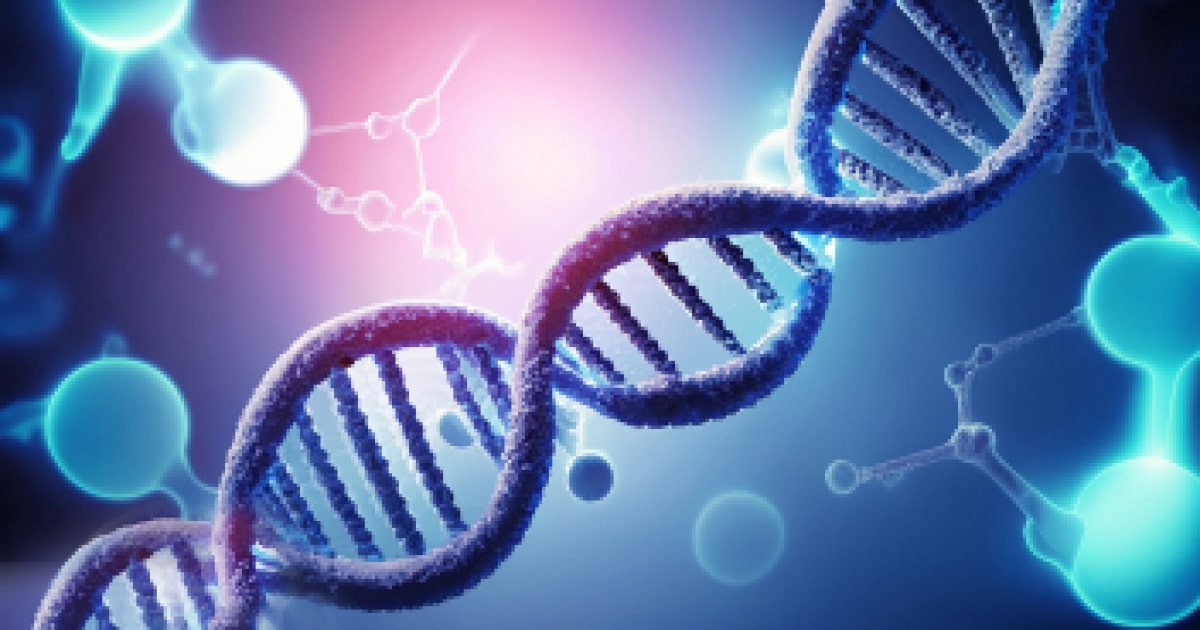
Expert Reviewed By: Dr. Brandon Colby MD
Understanding Gerstmann-Straussler-Scheinker Syndrome
Gerstmann-Straussler-Scheinker syndrome (GSS) is a rare, inherited neurodegenerative disorder, part of the prion disease family. Characterized by progressive ataxia, dementia, and motor dysfunction, GSS typically manifests in individuals between the ages of 35 and 55. The disease is linked to mutations in the PRNP gene, which encodes the prion protein. These mutations lead to the abnormal folding of prion proteins, resulting in the accumulation of infectious prions in the brain and subsequent neurodegeneration.
The Genetic Basis of GSS
Prion diseases, including GSS, are unique due to their infectious, sporadic, and genetic origins. The study referenced here highlights how a single amino acid change in prion protein can spontaneously generate infectious prion disease. This finding underscores the potential for diverse prion strains to emerge from genetic mutations, providing a crucial insight into understanding the pathogenesis of GSS.
Genetic Testing: A Key Tool in Diagnosing GSS
Early Detection and Diagnosis
Genetic testing is pivotal for the early detection and diagnosis of Gerstmann-Straussler-Scheinker syndrome. By analyzing the PRNP gene, clinicians can identify pathogenic mutations associated with GSS. Early diagnosis is crucial as it allows for better management of symptoms and provides families with essential information regarding the genetic nature of the disease.
Family Planning and Genetic Counseling
For families with a history of GSS, genetic testing offers valuable insights for family planning. Genetic counseling can help at-risk individuals understand their chances of inheriting or passing on the mutation. This information is vital for making informed decisions about having children and preparing for potential future healthcare needs.
Personalized Treatment Approaches
While there is currently no cure for GSS, genetic testing can guide personalized treatment approaches. Understanding the specific mutation involved can help healthcare providers tailor symptom management strategies to the individual. This personalized approach can improve the quality of life for patients by addressing their unique needs and challenges.
The Future of Genetic Testing in Prion Diseases
As research into prion diseases advances, genetic testing will likely play an even more significant role in understanding and managing conditions like GSS. The study referenced demonstrates the potential for diverse prion strains to arise from genetic mutations, emphasizing the need for ongoing research in this area. By continuing to explore the genetic underpinnings of prion diseases, scientists hope to develop more effective diagnostic tools and treatments in the future.
Conclusion
Gerstmann-Straussler-Scheinker syndrome remains a challenging condition due to its rarity and complex genetic basis. However, genetic testing offers a powerful tool for early diagnosis, family planning, and personalized treatment strategies. As research progresses, the insights gained from genetic testing will continue to illuminate the path forward in understanding and managing this enigmatic prion disease.
About The Expert Reviewer
Dr. Brandon Colby MD is a US physician specializing in the personalized prevention of disease through the use of genomic technologies. He’s an expert in genetic testing, genetic analysis, and precision medicine. Dr. Colby is also the Founder of and the author of Outsmart Your Genes.
Dr. Colby holds an MD from the Mount Sinai School of Medicine, an MBA from Stanford University’s Graduate School of Business, and a degree in Genetics with Honors from the University of Michigan. He is an Affiliate Specialist of the American College of Medical Genetics and Genomics (ACMG), an Associate of the American College of Preventive Medicine (ACPM), and a member of the National Society of Genetic Counselors (NSGC)